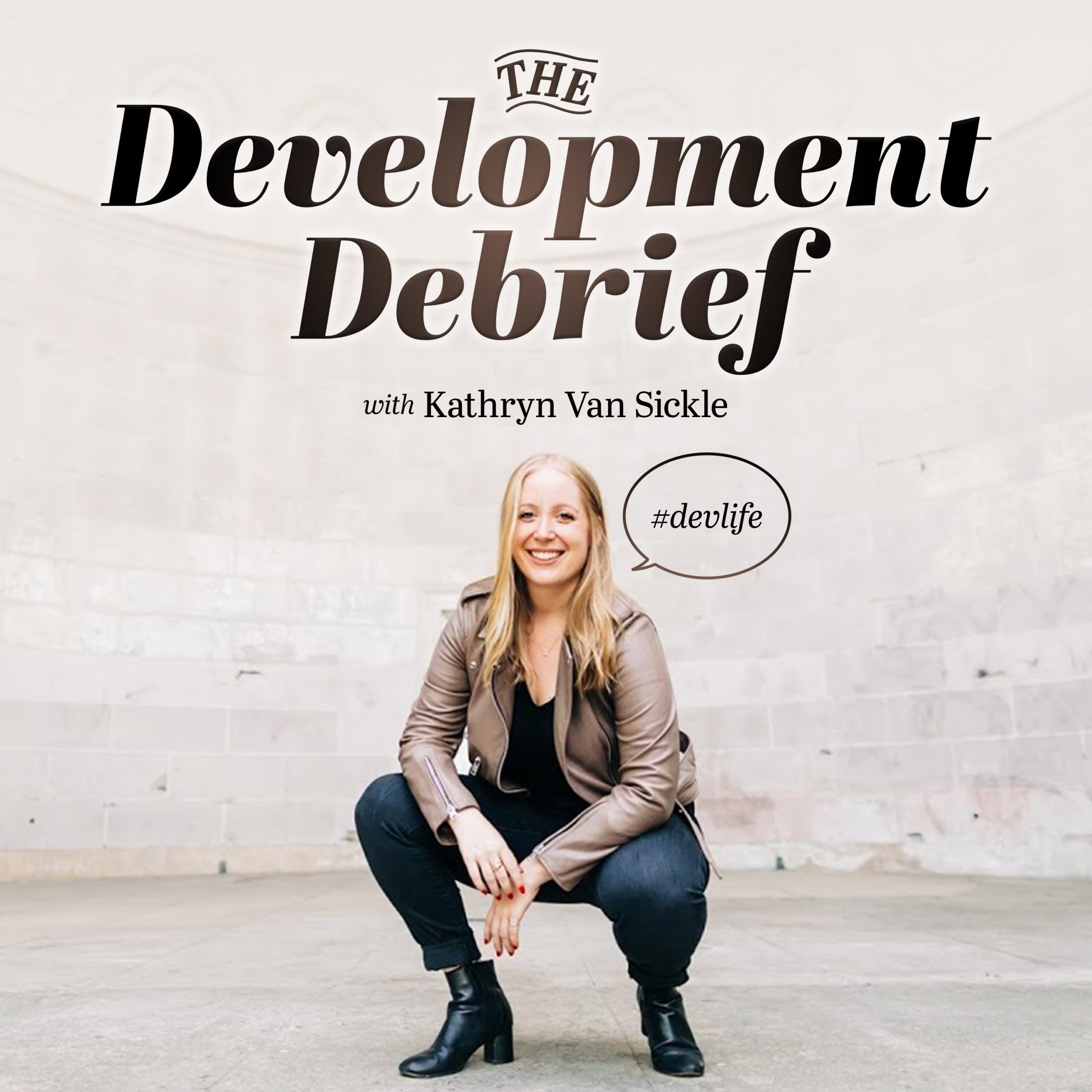Interesting implications for development shops
Each year, Microsoft’s WorkLab conducts a major study of work habits in offices around the world to give leaders insight into how people are thinking about work. This year’s study includes insights from 31,000 people in 31 countries, along with an analysis of trillions of productivity signals in Microsoft 365 and labor trends on LinkedIn. With advancement teams around the country considering or making the move to return to the office, advancement leaders would be wise to pay attention to some of the trends identified in this report and consider their plans accordingly.
In this blog post, we will summarize the key findings from the report and share some thoughts on its implications for advancement teams.
Key takeaway #1: Employees have a new “worth it” equation
Turnover is high across the country as people in many sectors are reevaluating their priorities. The report notes that 54% of respondents say they are more likely today to prioritize family and personal life over work than they were before the pandemic. The report notes that people are acting on these new priorities, with 18% of people having left their jobs in 2021.
When asked about future plans, 43% of employees reported feeling somewhat or extremely likely to consider changing jobs in the next year. And aside from pay, the top three aspects of work that employees consider “very important” for an employer to provide are positive culture (46%), mental health/well-being benefits (42%), and a sense of purpose/meaning (40%).
Implications for advancement teams
The advancement field has always struggled with employee turnover and that struggle has only intensified over the last two years. The Work Trend Report notes that organizations that successfully create a work culture that embraces flexibility and prioritizes employee well-being can have a competitive advantage in today’s tight job market.
In our purpose-driven field, two questions related to employee well-being that advancement leaders can ask themselves are: How is our team connecting with our impact, and how can we use that to build a positive culture and support employee well-being?
Key takeaway #2: Managers feel wedged between leadership and employee expectations
While many employees want more flexibility, 74% of middle managers in the study said they don’t have the influence or resources to make change for their employees. Too many institutions are trying to make “one size fits all” return-to-office policies, but employees’ expectations—and desires—have changed. The study noted that a high percentage of employees are willing to move to a new job if it means more flexibility. According to the report’s survey of LinkedIn, remote jobs today attract 2.6 times more views and nearly 3 times more applications compared to on-site roles.
Implications for advancement teams
Not every team member of an advancement team needs to be in the office every day. Some teams, like prospect management and research, might benefit from the extra productivity they have seen while working at home. At the same time, some major gift officers might be able to see more donors more often if they are able to live closer to their prospects rather than near their office.
The key to success is giving managers the tools they need to communicate effectively, set goals and measure progress, and foster collaboration, even if teams are disbursed. As the report notes, “Managers are a critical bridge between evolving employee expectations and leadership priorities.”
Key takeaway #3: Leaders need to make the office worth the commute
From new collaboration norms to new meeting etiquette, creating “hybrid rules” is a challenge for many organizations. According to the report, 38% of hybrid employees say their biggest challenge is knowing when and why to come to the office—probably because few companies (just 28%) have established team agreements to clearly define the new norms. Another key challenge is navigating hybrid meetings: More than 43% of remote and hybrid employees say they do not feel included in meetings, while just 27% of organizations have established new hybrid-meeting etiquette.
Implications for advancement teams
Advancement leaders should work with their teams to agree on why and when the team should be together to collaborate and how to make hybrid meetings work for everyone. To get started, they could considering using this tool that Microsoft shared in the report, which their managers use to set team norms related to hybrid work.
Key takeaway #4: Flexible work doesn’t have to mean “always on”
Through its Office products and LinkedIn, Microsoft has an incredible amount of data about work patterns and how they change over time. Over the last two years, they have reported on how the average workday has increased by 13%, or 46 minutes, and how that is creating “digital overload” and affecting worker well-being and productivity.
This year’s report has some good news. It notes that in 2021 there was a noticeable shift in how people are working—and some of the signs are encouraging. They noticed workers taking more breaks during the day, taking more vacation, and using shorter, ad hoc virtual meetings and chats as the digital equivalent of a “hallway” conversation.
Implications for advancement teams
Advancement leaders, particularly those with hybrid or remote teams, need to be aware of the pressure their teams feel to be “always on” in the digital world. This pressure can intensify for team members who work directly with donors and other external stakeholders. Some steps advancement leaders can take to help teams manage digital overload include:
- Setting clear expectations about response time to internal out-of-work-hours emails and chats—and modeling the boundaries themselves.
- Minimizing internal meetings and recording them so members can participate asynchronously.
- Setting and protecting “focus time” on their own calendar for personal productivity and well-being and encouraging their teams to set up similar blocks of time.
Key takeaway #5: Rebuilding social capital looks different in a hybrid world
Thriving work relationships are a key to productivity, employee well-being, and team retention, but 43% of leaders say that relationship-building is the greatest challenge with hybrid and remote work. Ironically, it is the attitudes of leaders themselves that sometimes stand in the way of team members networking with one another. According to the study, 48% of employees say they want to spend less time on things like answering emails and scheduling meetings and more time networking, but just 30% of leaders feel that networking-related activities drive business impact.
The report advises leaders to take a proactive approach to encouraging networking throughout the organization. It emphasizes, however, that with the new hybrid work world we are in, leaders can’t just rely on the return to the office to kickstart that relationship building.
Implications for advancement teams
Advancement leaders can play a key role in helping their teams understand the value of social capital across the organization. For instance, it is a given that a major gift officer needs to have strong relationships with donors, but they also need to have equally strong relationships with faculty, staff, or physicians who can help them illustrate the impact of a donor’s gift. At the same time, they need to have great relationships with their colleagues in prospect management and research and gift processing who can help them do their jobs more effectively and efficiently.
It has always been critical for advancement leaders to help their team members understand and navigate their “ecosystem”—but it is more critical now than ever as hybrid and remote work becomes the norm and old techniques no longer work.
Want to talk more about ways you can support your team in a hybrid world?
BWF is here to support and partner with you. Our consultants have diverse backgrounds and experiences—including our own experience with hybrid work—that will help you achieve your goals. We’re ready to listen, guide, and partner with you for success.




